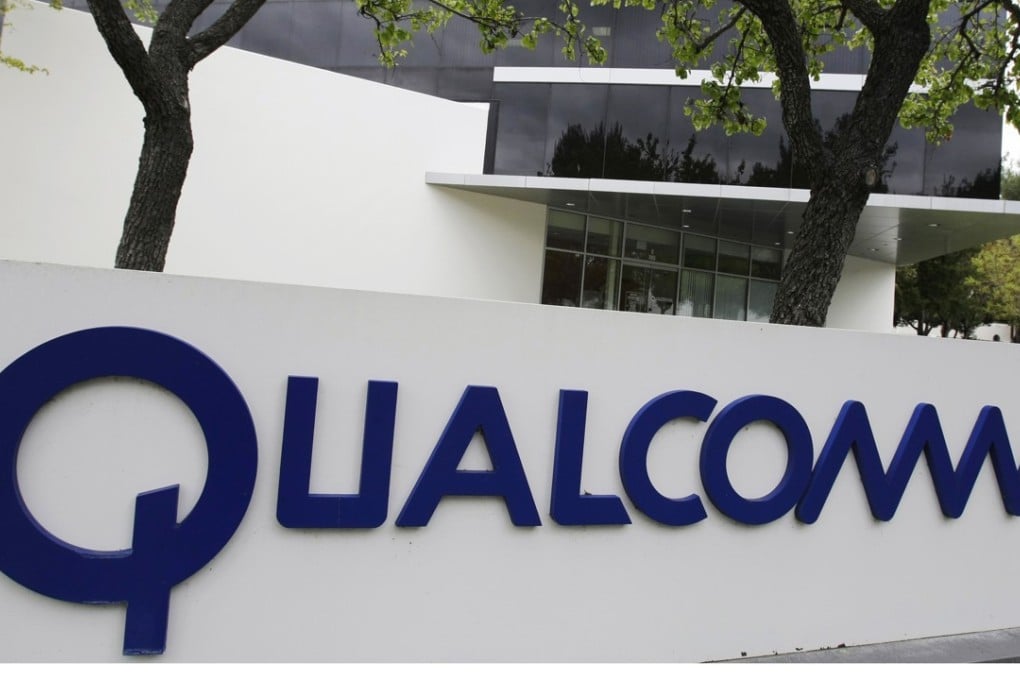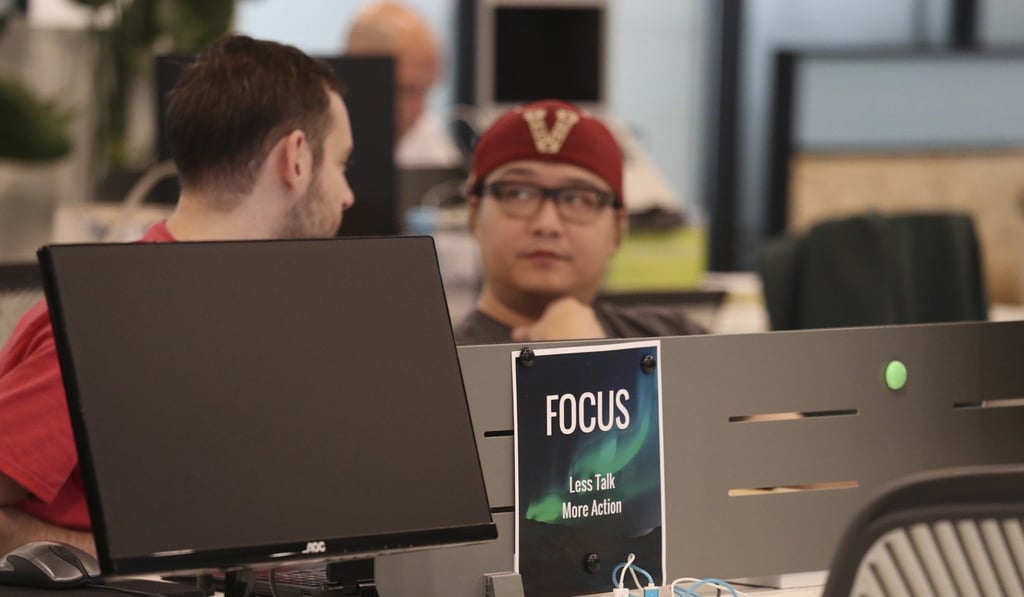How innovative China’s growing pains point to an urgent need for IP know-how
Chinese tech newcomers are under-equipped legally and culturally to compete against global rivals even as their innovation is coveted more than ever

When the decision finally came earlier this year, it was the end of a seven-year legal battle and the end of the appeal line for Chinese electronics maker Gotop.
The Shanghai Higher People’s Court ruled against Gotop’s appeal against US chip maker Qualcomm’s use of the Chinese brand name, Gao Tong.
Both companies had sold products under the name but Gotop was caught off guard in 2010 when China’s Trademark Office approved the US firm’s request to revoke Gotop’s Gao Tong trademarks.
The Shanghai-based electronics maker had been in business for almost two decades but it had not used the trademarked name in several years, allowing the trademark protection to lapse.
The case highlighted how even a successful Chinese company can lose out to an international competitor more adept at navigating intellectual property disputes.
IP specialists say Chinese companies will need to catch up as overseas companies move more aggressively to protect their intellectual property rights in domestic and international markets.
